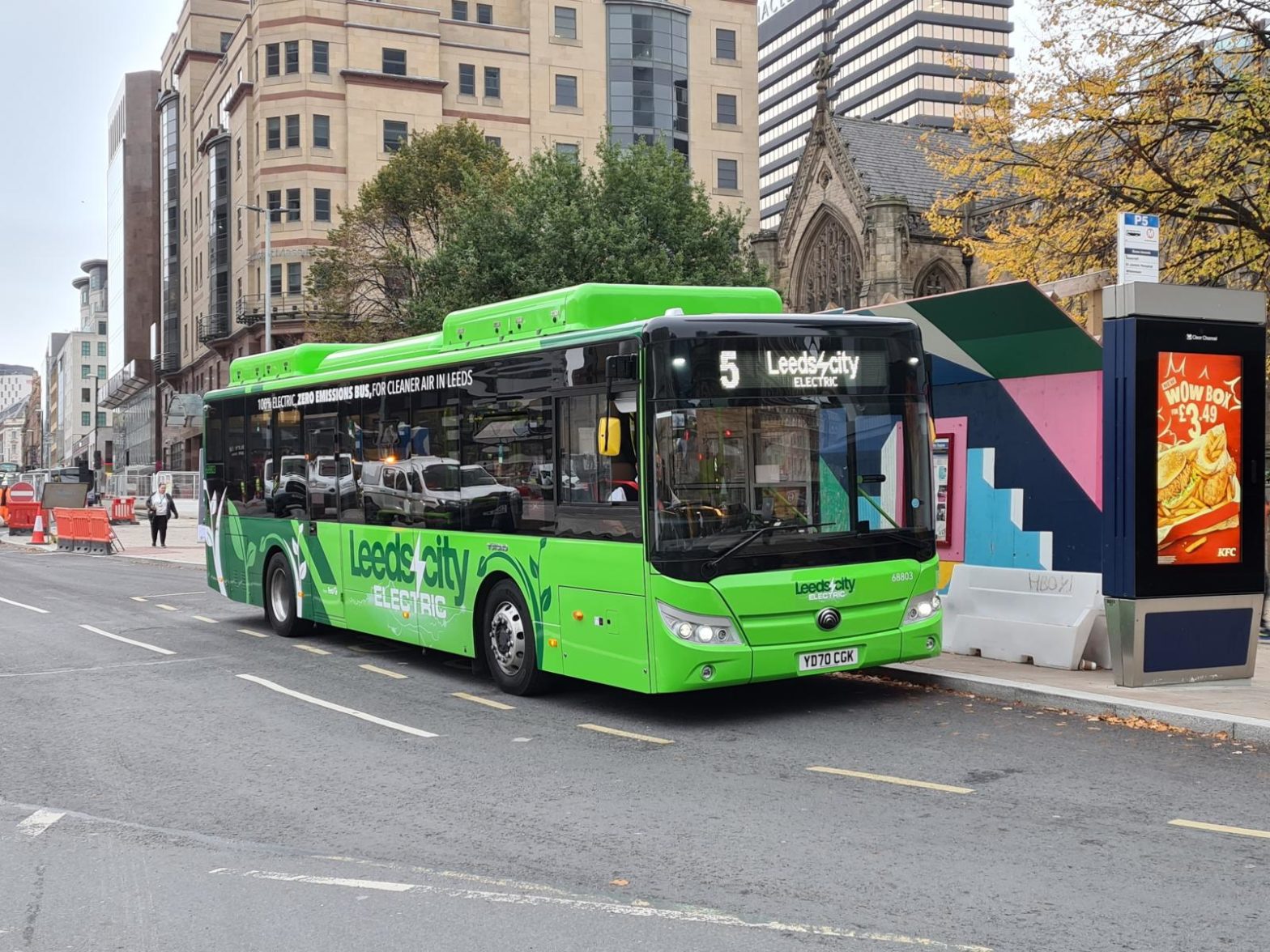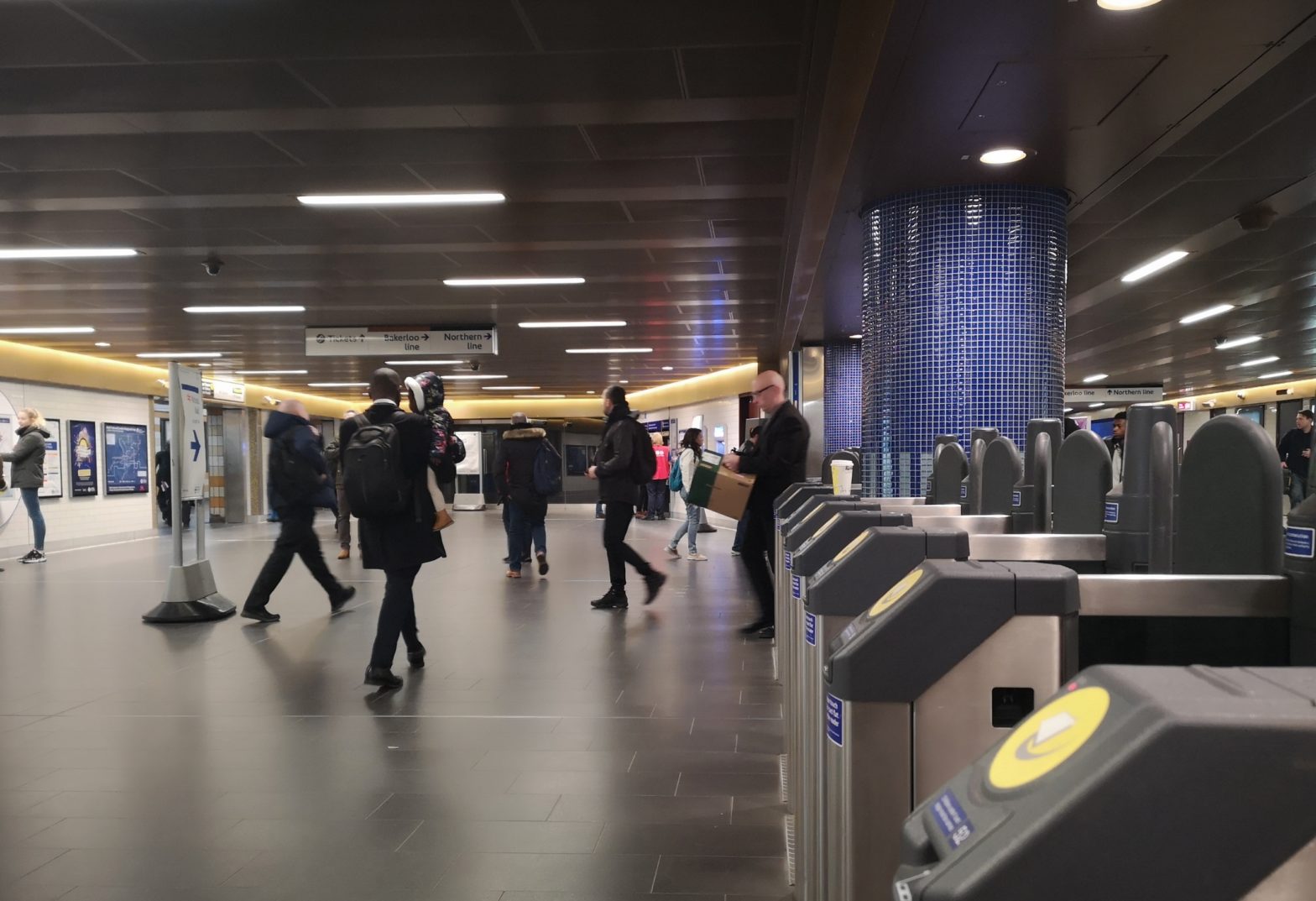
Photo: urban transport group
Survey reveals impact of England’s £2 bus fare cap
09 February 2023
by Christopher Carey
Transport Focus – the UK’s independent transport watchdog – has revealed the results of a survey designed to understand the impact of the government’s bus fare cap on passengers.
Introduced on 1 January, the initiative caps single bus fares in England (outside of London) at £2 for three months.
Out of 1,000 people surveyed, 53 percent said they were aware of the new fare, with two-thirds of regular bus users aware of it.
Seven percent of respondents said that they were using the bus more often due to cheaper fares, while 32 percent said that they might use buses more but haven’t yet.
‘Encouraging’
The latest Bus User Survey released by Transport Focus on January 27 showed that 73 percent of bus passengers were ‘satisfied’ with the value of fares, with 12 percent ‘dissatisfied’ and 15 percent neither.
Overall 88 percent of passengers reported being ‘satisfied’ with their journey.
“Bus passengers tell us they want simpler, better value for money fares,” said David Sidebottom, Director, Transport Focus.
“Many are facing particular financial challenges at the moment. The £2 bus fare is a welcome step to help attract passengers back on board and encourage non-users to give the bus a go.
“While it’s still early days, these results are encouraging. We will continue to talk to bus passengers and use our insight to help Government and industry focus efforts on what matters most.”
Higher fares?
Another report released this week by the Urban Transport Group – the UK’s network of city region transport authorities – warns that bus passengers could be dealt the double blow of fewer services and higher fares if the government ends its COVID-related support for bus services at the end of March.
The report says bus operators are “extremely likely” to respond to the absence of further funding by reducing service levels and increasing fares.
The government currently helps fund buses through the Bus Recovery Grant (BRG), which was set up to support commercial bus operators in England because of the impacts on their revenue from reduced patronage as a result of the pandemic.
But with the BRG set to expire at the end of next month, the group is urging the government to establish a long-term funding strategy.
“The bus is the backbone of our urban public transport networks, supporting those who often have the least to get to work, school or healthcare,” said Jonathan Bray, Director of the Urban Transport Group.
“But as this report makes clear, Government risks further fracturing of the bus network if it stops backing the bus in March.
“The combination of fewer services and higher fares will do little to help hard up families struggling with the cost of living or the government’s own aspirations around levelling up.
“We now need to move beyond short term deals, funding cliff edges and waves of service cuts to a longer term and reformed revenue settlement for bus services outside London – one which makes the most of every pound of taxpayer support whilst also being capable of supporting the aspirations that the national bus strategy has rightly set out.”
Image: Urban Transport Group







